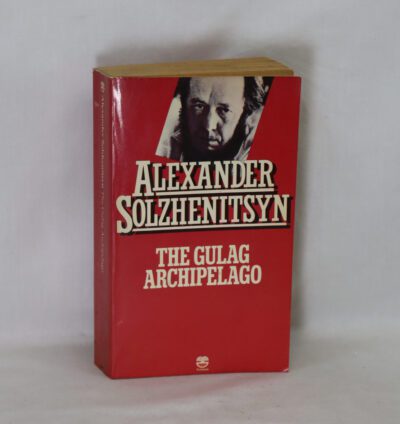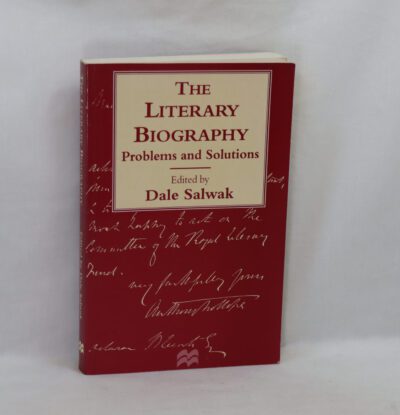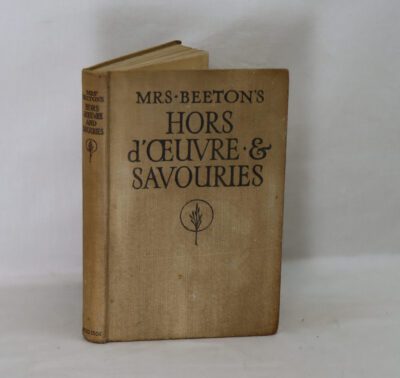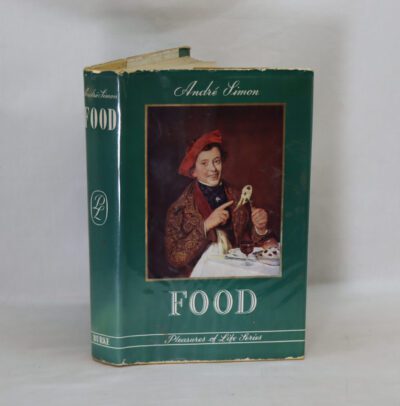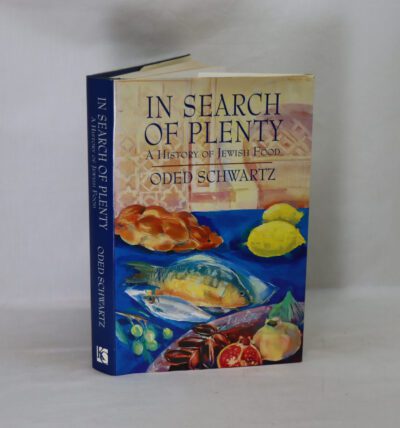Buddenbrooks.
By Thomas Mann
ISBN: 9780307780959
Printed: 1982
Publisher: Penquin Books.
| Dimensions | 13 × 20 × 3 cm |
|---|---|
| Language |
Language: English
Size (cminches): 13 x 20 x 3
Condition: Fair (See explanation of ratings)
Your items
Item information
Description
Paperback. Black title with three boys image on the cream cover.
We provide an in-depth photographic presentation of this item to stimulate your feeling and touch. More traditional book descriptions are immediately available
-
This used book has a £3 discount when collected from our shop
-
For conditions, please view the photographs.
A translation of Mann’s classic story of four generations of a wealthy bourgeois family in northern Germany captures the triumphs and tragedies, successes and failures, relationships, loves, and ordinary events of middle-class life.
Review: I agree with a lot of what has already been said about this book – it is a mesmerising saga of a 19th century North German merchant’s family, which definitely has the feel of an autobiography (online tourist sites in Lubbeck say it is exactly as described in the book, down to the internal details of the author’s family house). It is vivaciously and dazzlingly written (in this translation which I read, the slightly old fashioned, even sometimes unfathomable turns of phrase just make it more believable). The details of ordinary life – clothes, food, customs, townscape, etc – are just astounding. The physically compelling portraits of all these odd people are brilliantly done, and the great set pieces in the landscape room – house warming, Christmas eve, etc – the deathbed scene, etc are just wonderful. Mann is a writer of genius, of that there is no doubt. However, it is just a saga about rich people trying to stay rich, and not always succeeding.There is very little compassion in the story. The workers, even professionals, are patronised, as are poor relations, while the family members, and their wider circle of competing families tend to be eyed with unease or contempt. I am not sure there is any ground for thinking this contempt is based on some sort of pseudosocialist analysis of bourgeois society (or money making of any sort) – it seems to be personal to the author, whose isolation I suppose Hanno represents and explains his coldness to everyone else. Perversely, I feel most sorry for Tom, struggling with his own contempt for those around him. But it remains just a brilliantly written saga, without the bite of Dickens or the sweep of Scott. Well worth reading, but I doubt if there is much beyond the period detail – and the brilliant prose, which is well served by the translation, and without which it would deserve 3 stars only.
Want to know more about this item?

Related products
Share this Page with a friend


